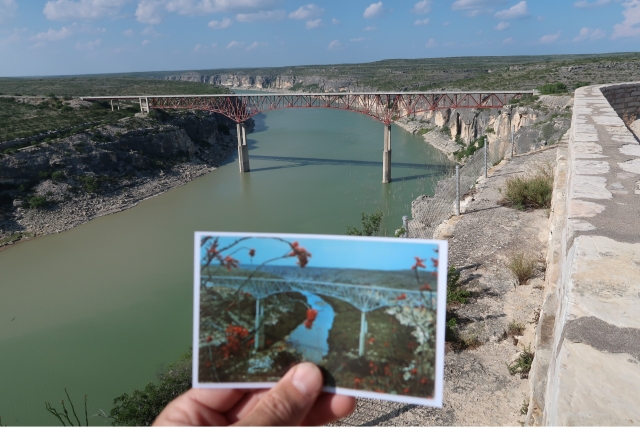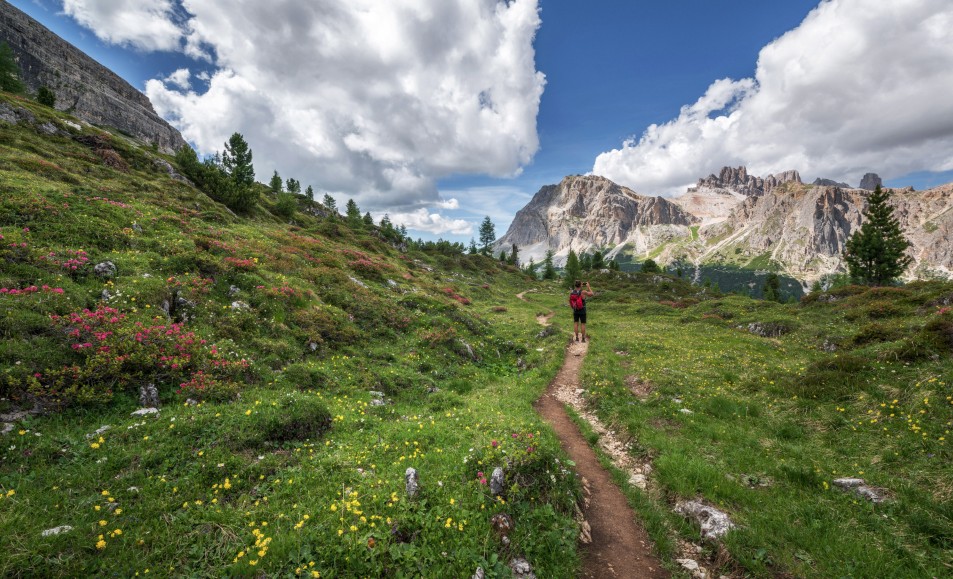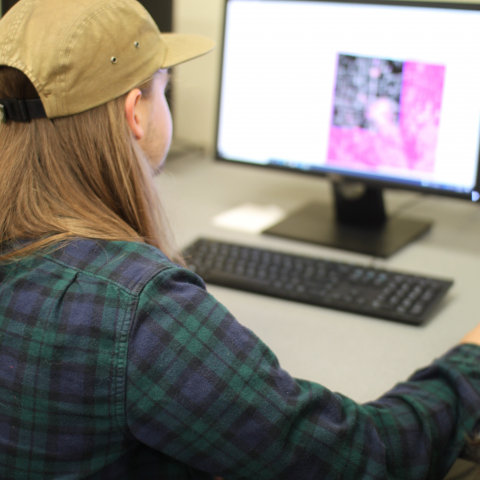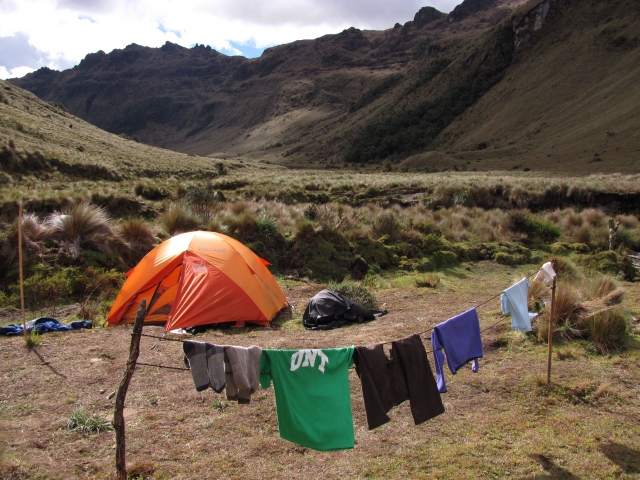Why Geography?
BECAUSE GEOGRAPHY IS EVERYWHERE
Geography is the study of places, people, and the connections that shape our world. It brings together science, technology, and human insight to understand where things are, why they are there, and how they change over time. At UNT, you will explore local and global challenges through both physical and human perspectives, using tools like GIS, remote sensing, and field research. Geography gives you the knowledge to ask big questions, uncover patterns, and take informed action.

Geography Is Place & Interconnection
Geography looks at more than where things are. It asks how people, environments, and systems shape each other over time. You will explore places from the scale of a single street to vast global networks, uncovering how culture, politics, climate, and ecology intertwine. Along the way, you will see that every place is part of a larger story, and that those stories connect us all.
Diverse Career Opportunities
Geography bridges the sciences, social sciences, and humanities. Our alumni build
careers in government, education, business, and non-profit sectors, applying geographic
knowledge in a wide range of fields. Common career paths include:
-
GIS Analyst / Specialist / Technician
-
GIS Manager / Coordinator / Administrator
-
Cartographer / Geospatial Analyst
-
Environmental Scientist / Specialist
-
Urban & Regional Planner
-
Teacher / Educator (K–12 & University)
-
Researcher / Data Analyst
-
Project Manager
-
Consultant

Geography Is Exploration & Perspective
Exploration in geography is not just about reaching faraway destinations. It is about discovering the patterns and relationships that shape life on Earth. You will study how cities grow, economies shift, and cultures adapt, finding connections that others overlook. With each new perspective, you will learn to see both local and global challenges in fresh ways and imagine new solutions.
Marketable Skills
Geography builds a wide set of transferable skills employers want, such as:
-
Big-picture understanding
-
Problem solving & creativity
-
Effective communication
-
Computer & technical literacy
-
Teamwork & collaboration
-
Planning & organization

Geography Is Tools & Technology
Modern geography uses tools that can capture an image from space or map a single drop of water. You will work with GIS, remote sensing, drones, and spatial analysis to collect and interpret data that informs decision-making. These skills are in high demand across environmental science, public health, urban planning, disaster response, and more. They will give you the power to turn information into insight.
Cutting-Edge Technology
Geography today is powered by technology. At UNT, you'll gain hands-on training with
tools that set you apart in the job market, including:
-
Geographic Information Systems (GIS)
-
Remote sensing and satellite imagery
-
Drone technology for mapping and data collection
-
Spatial modeling and analysis software
- Data visualization and storytelling with maps

Geography Is Action
Geography is more than understanding the world. It is improving it. You will model climate systems, track environmental change, and design strategies for resilience. Whether you are studying watersheds, natural hazards, or sustainable cities, you will graduate ready to turn geographic knowledge into real-world solutions that matter for communities near and far.
What You’ll Do Here
Geography plays a role in nearly every aspect of daily life. At UNT, you'll apply
classroom learning to real-world challenges and see how geographic knowledge makes
a difference. Through coursework, fieldwork, and research opportunities, you’ll gain
experience in areas such as:
-
Protecting and managing water resources
-
Tracking and reducing the spread of disease
-
Planning for and responding to natural disasters
-
Improving business operations through location intelligence
-
Designing healthier, more sustainable cities and communities

Geography Is You
Every geographer brings a unique story and point of view. Whether you are drawn to technology, the environment, social justice, or exploration, your journey can begin here. This is your opportunity to step into new places, see the world in fresh ways, and add your perspective to the map.